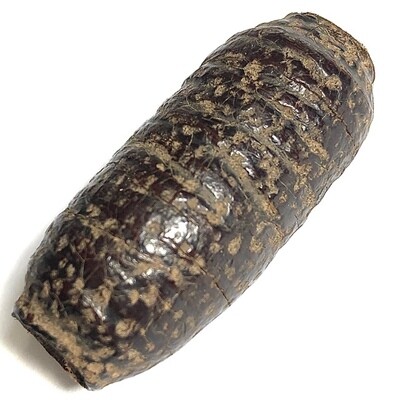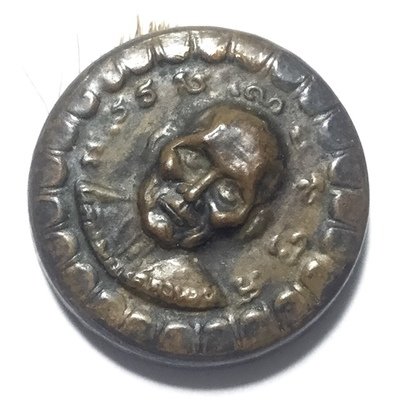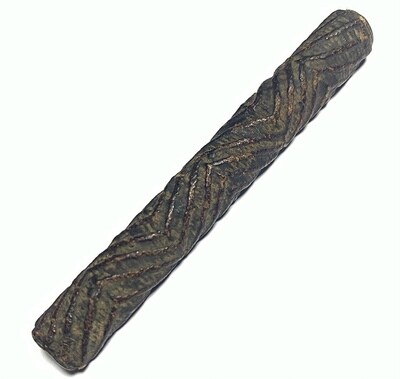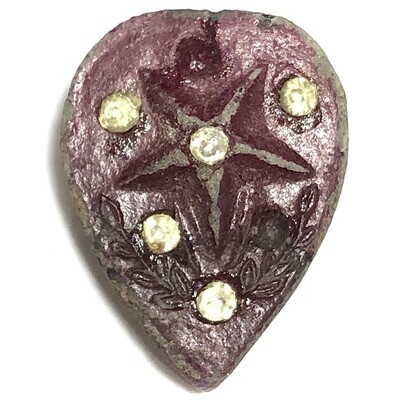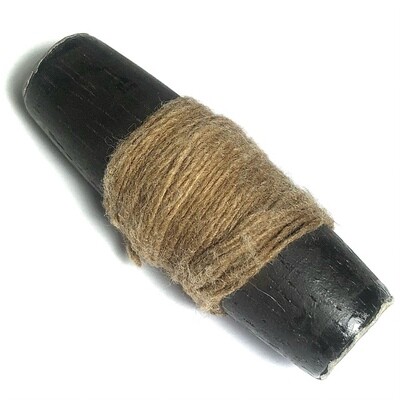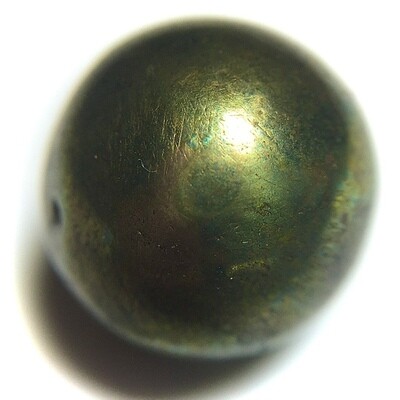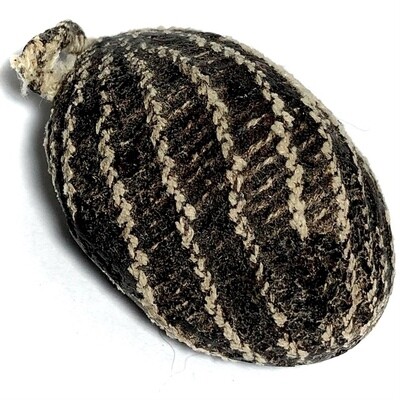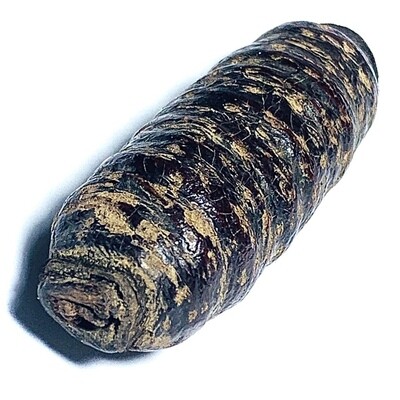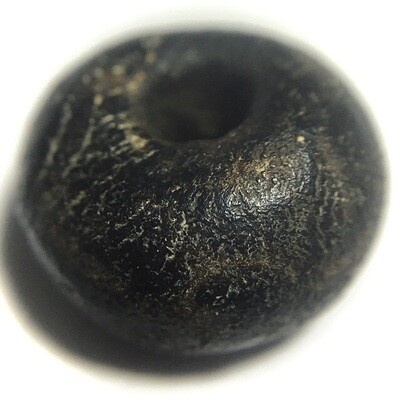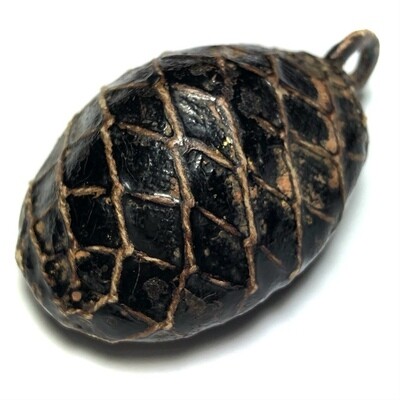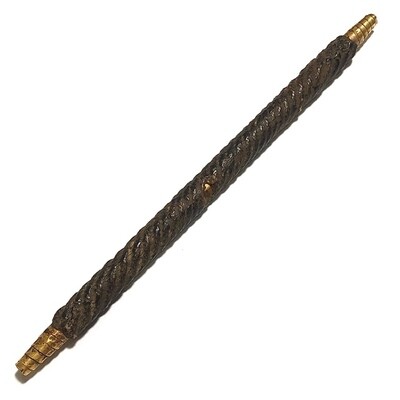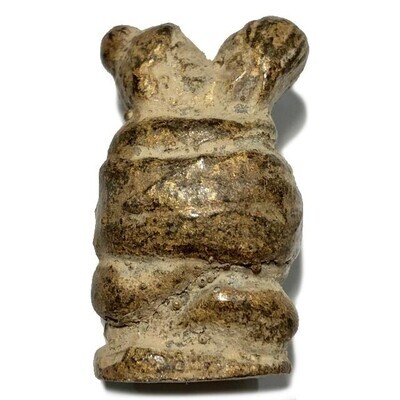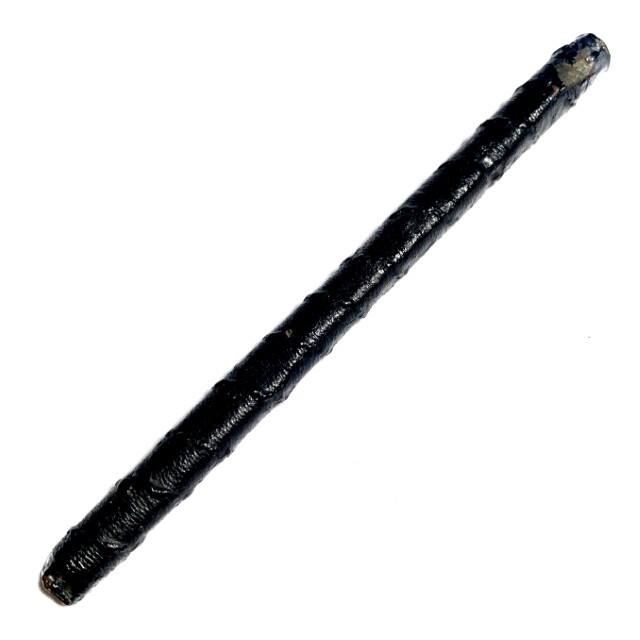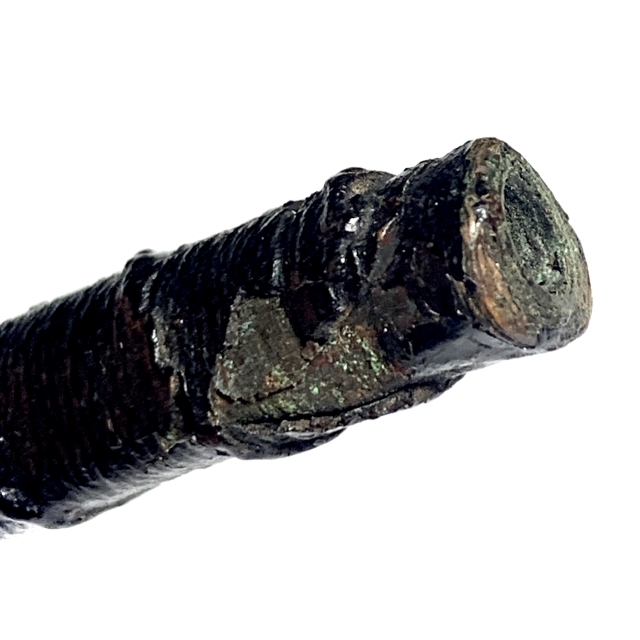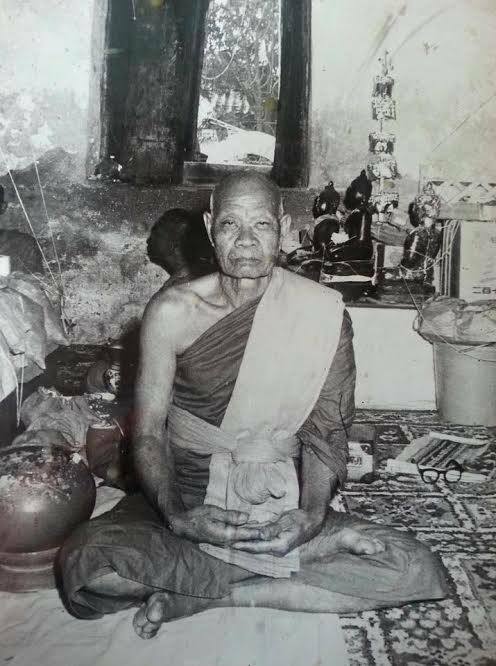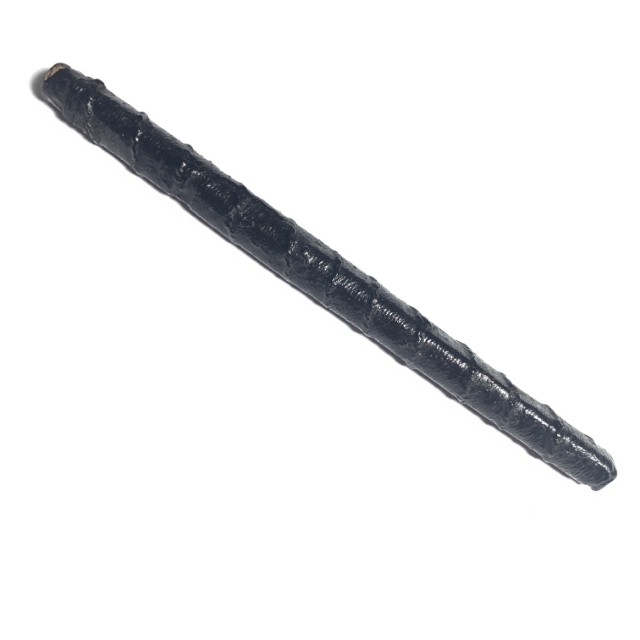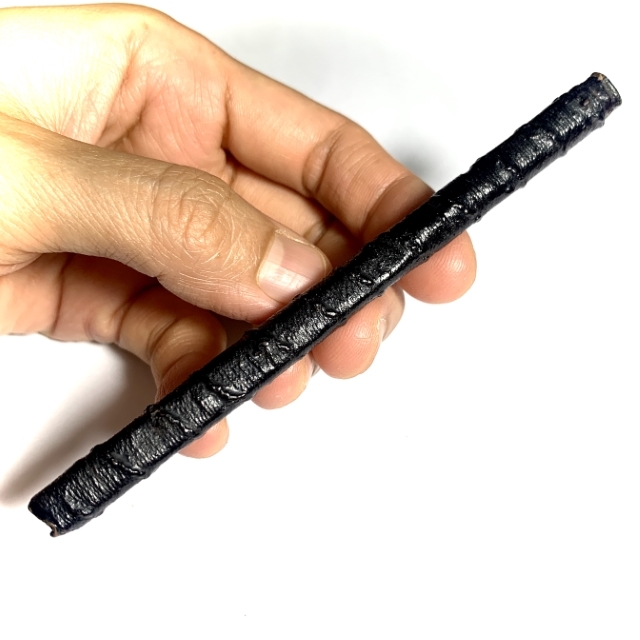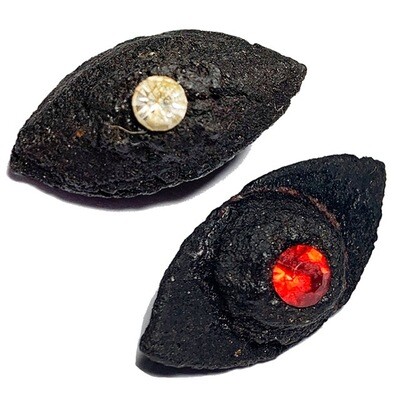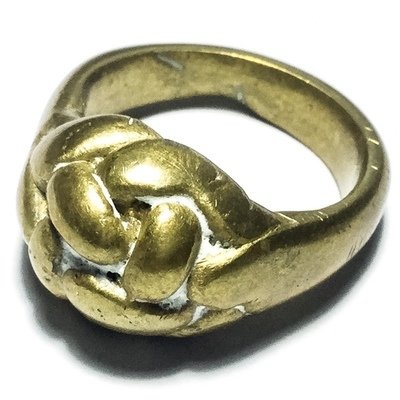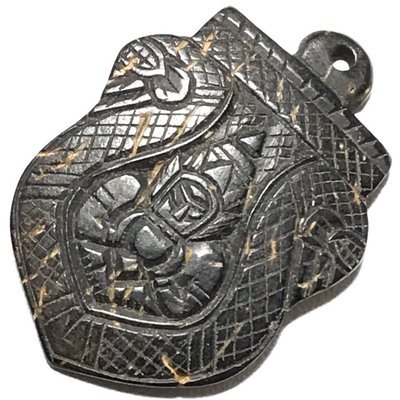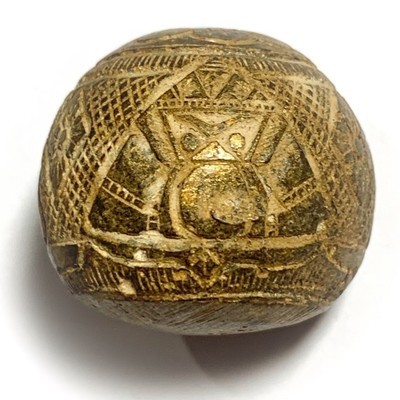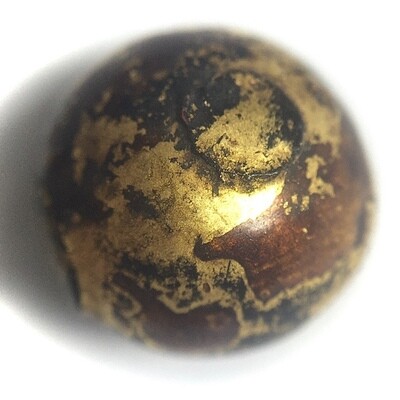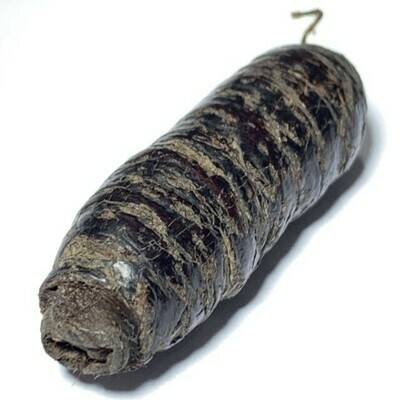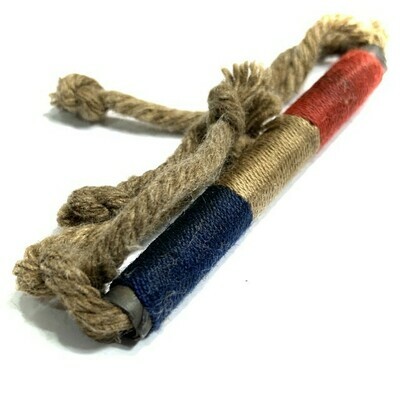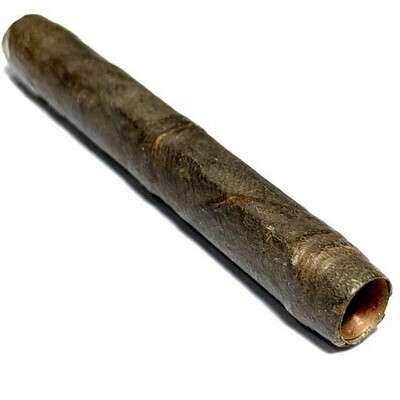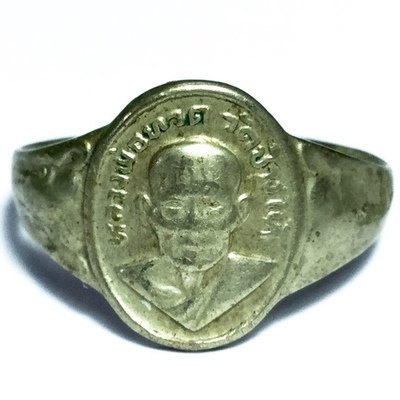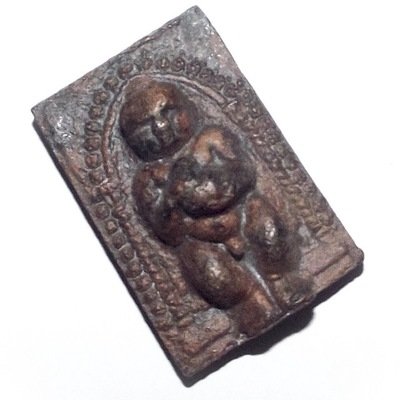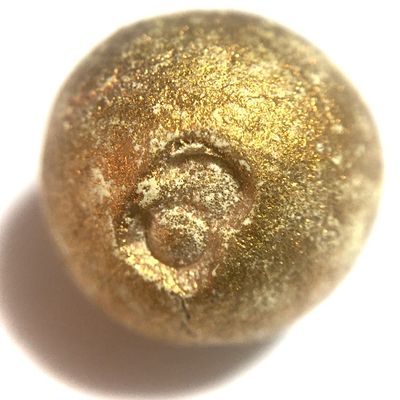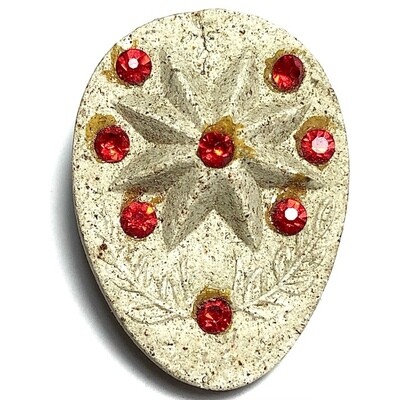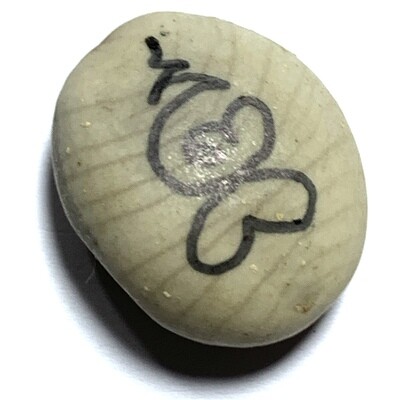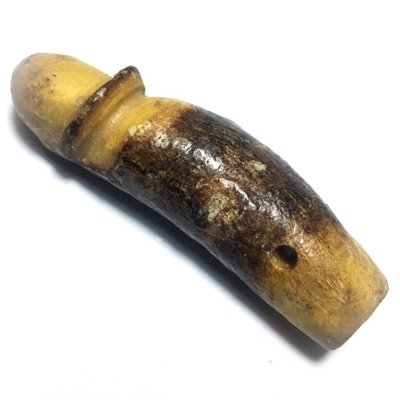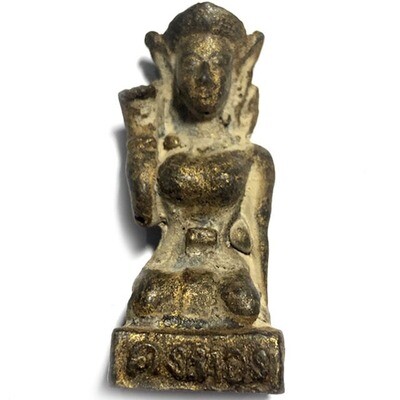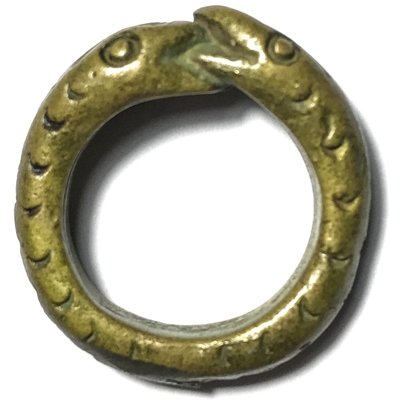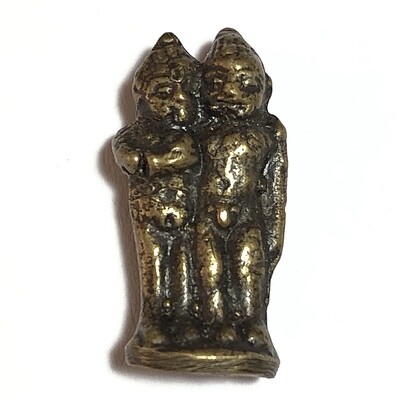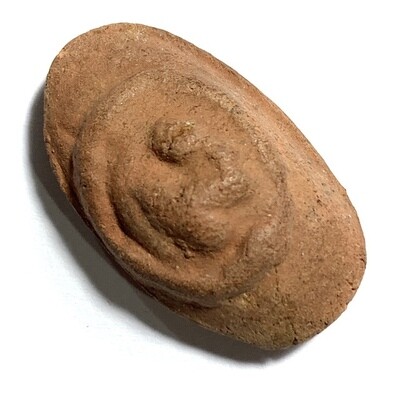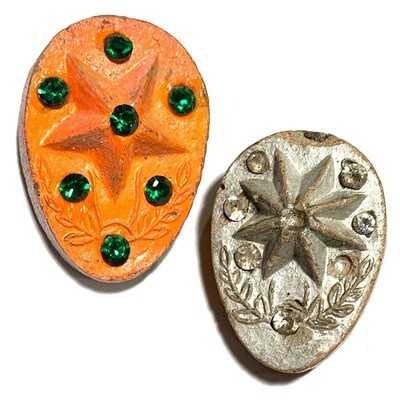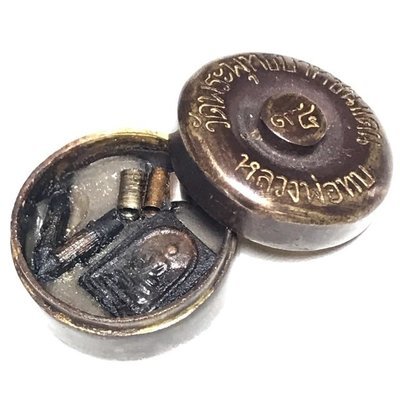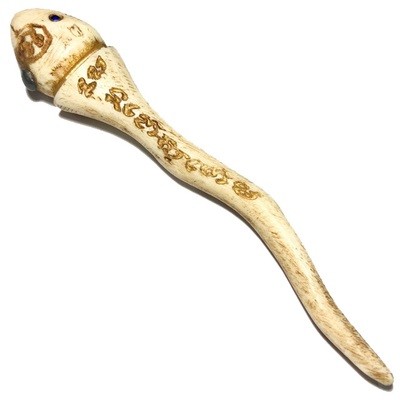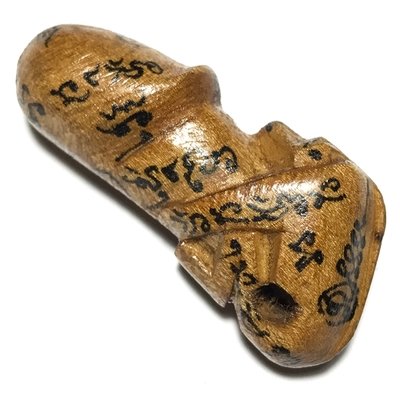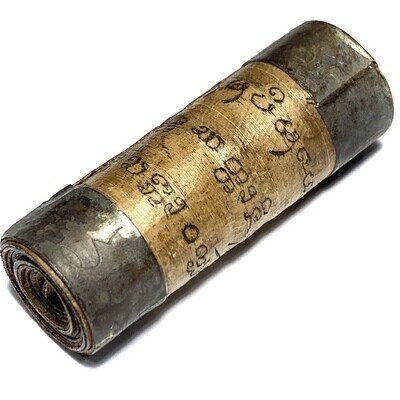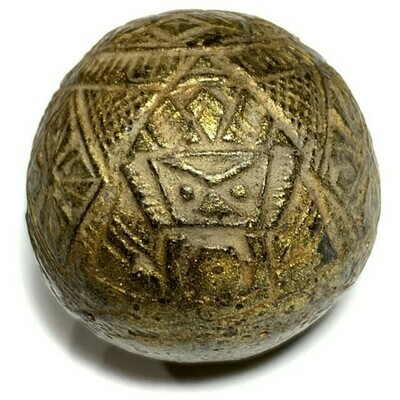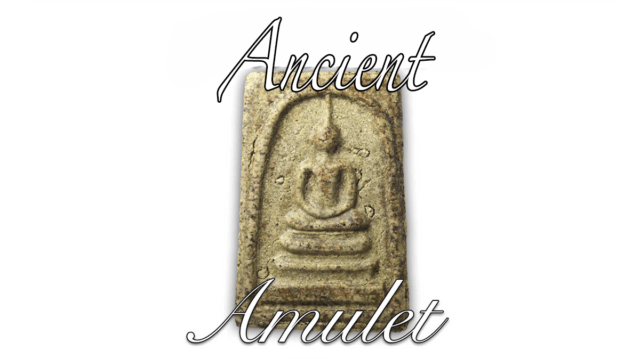
Ancient Amulet Store – Purveyors of preferred Classic Thai Buddhist Amulets for the True Devotee and Distinguished Collector
Discover the immensely deep and fascinating world of Vintage Thai Buddhist Amulets. Ancient Amulet is a long term established and internationally recognized Vintage Amulet Shop, and A Trusted Source for Classic Thai Buddhist Amulets for Devotees and Discerning Collectors, and is one of the many sub projects of informational sources created by Thai Amulet, Buddhism and Thai Occult Expert, Ajarn Spencer Littlewood . as part of his ‘Buddha Magic Project‘
Ancient Amulet provides authentic Antique and Rare Thai Amulets of the Pre and Early Post-Modern Era, of high esteem and Sacred Value, to revere, study and collect. Our Ancient Thai Buddhist Amulets are selected from the finest exhibits we can discover, and given diligent study and authentication processes. Our collection showcases time-honored amulets crafted by ancient masters, boasting captivating qualities and representing the esteemed Pra Niyom class. We offer authentic, highly valued ancient Thai Buddhist amulets from the pre and early post-modern eras, carefully selected from the finest exhibits and thoroughly examined. We invite you to study, revere, and collect these classic amulets from ancient masters, and to learn about their magical aspects and the art of amulet evaluation
Takrut Tone Maha Ruud Nuea Tong Daeng Thak Chueak Long Rak Luang Por Kee Wat Huchang
Takrut Tone Maha Ruud Nuea Tong Daeng Thak Chueak Long Rak amulet with hand inscriptions of the great Olden Days Master of Nontaburi Province, Luang Por Kee of Wat Hoo Chang. This Takrut is of the "Takrut Ruud' variety; The word 'Ruud' means 'To stroke in a sliding movement', and refers to the Ancient Thai Wicha, which is applied by sliding the Takrut around the four sides of the waist, by threading a cord through the Takrut or the case of the Takrut, and tying it around the waist. The Takrut is then used to slide around the left, front, right and rear sides of the Torso, invoking different forms of Magic for differing purposes.
The Takrut is thus a Powerful All-Rounder, to cover changing situations as the day passes.These Takrut were so popular, that LP Kee made repeated editions from 2485 up to the year 2522 BE. This exhibit is estimated early era and made circa 2490 - 2500 BE.
If you wish to use the Wicha Maha Ruud for this Takrut, you can wear on a 'Chuek Kart Aew' cord around your waist, feeding the cord through the two rings of the tube which the Takrut is in. You can slide the Takrut to reside on either side, front or back. Chant the 'Kata Pluk' (Invocation of the power of the Takrut), as often as possible.
The Takrut performs many uses; 1. Metta Mahaniyom 2. Klaew Klaad 3. Choke Lap 4, Gae Athan 5, Maha Saneh.
- Wear it facing forwards, Sarapat Nerk, Klaew Klaad Kong Grapan, Gan Sadtru - will allow you to Fulfil your Wishes, and also Protect from Danger and Enemies
- Wear it facing backwards, Klaew Klaad, Gae Aathan/Pongan Phii - Will Protect from Back Stabbers and chase away Demons and Enemies
- Slide it to sit on your right flank - Maha Sanaeh; Ladies will fall for You, Customers will Flock to You and Purchase Your Wares.
- Slide it to sit on your left flank, Mahaniyom Kaa Khaay (Good money and business sales, more customers)
Below; Takrut Maha Ruud LP Kee, of Wat Huchang with a Por Khun Palad bound to Chueak waist cord belt, by a devotee collector, for Wicha Maha Ruud
Kata Pluk Takrut Maha Ruud
Sotaaya Na Ma A U Gu-Garanii Asang Wisulo Bu Sa Pu Pa
Luang Por Kee of Wat Huchang was a highly renowned monk for his purity of practice. He ordained about the age of 20 years old, and was known to have spent most of his time on Tudong Forest Wandering, in solitude for many years, before returning to Wat HuChang, and beginning to restore and improve the building facilities of the temple. Apart from being a direct Looksit of Luang Phu Iam, he was also apprenticed in Wicha, to LP Taen of Wat Tam Sen and Luang Por Tiam of Wat Gasatrirat.
He was a 'Pra Nak Pattana' (Monk who focuses on building temple up, and creating auspicious projects, buildings, charities, and institutions to help living beings). He was born in the year 2444 BE into a family who were mainly employed in the medical or natural healing profession. He already knew the Wicha for making holy healing prayer water long before he became a monk, because of his experience with the family practice.
Luang Por Kee was a Looksit of Luang Phu Ee of Wat Sattaheeb, and usually used the Wicha of LP Ee or the Wicha of his other Kroo Ba Ajarn Grom Jaab, one of the teachers of Luang Por Parn of Wat Bang Nom Kho. He taught all of his Wicha to the current abbot, also famous for Palad Khik, Luang Por Dtee, who is also extremely favored for Palad Khik, Taw Waes Suwan, Brahma amulets, and other talismanic charms such as the Bia Gae.
LP Kee was not only famous for his Moink Coins and Takrut, but also extremely highly revered for his Palad Khik amulets. LP Kee's amulets, especially his Takrut, aand Por Khun Palad Khik, were highly sought after even in his time. LP Kee was renowned for his Miraculous ritual, that would make Palad Khik rise up, and stand up on their own when LP Dtee would stroke the head of the Palad Khik and chant "NA NA NA NA". The Takrut of Luang Por Kee, became very popular with bandits and gangsters, as well as his Palad Khik becoming popular with amorous Casanovas, who live a life of nocturnal activities to seduce lovers. Devotees would stroke the head of the Por Khun Palad Khik three times and chant 'NA NA NA" before approaching a lady or before confronting an enemy.
Luang Por Kee is often confused with Luang Por Dtee, also of Wat Huchang, because both are of the same temple, and many people do not know which Master was the Kroo Ba Ajarn and which was the successor. LP Dtee is the current abbot and was the first apprentice in magic to LP Kee, who passed away in the year 2522 BE, after bestowing all the Wicha he had to LP Dtee to continue the lineage. One reason their amulets are hard to differentiate is that they made almost identically using the same methods and inscriptions, and that both monks passed their magical tests at Wat Pradoo Song Tam.
It is the tradition at Wat Pradoo Song Tam, to grab the hand of the apprentice and force his hand to inscribe the Khom Agkhara spells in exactly the same way with all students, and so the inscriptions of Luang Por Kee and Luang Por Dtee, both famous for Palad Khik, and both attributed to the temple of Wat Hoo Chang, are very similar, and takes an expert to separate one from the other. One easier way to tell, is that LP Kee has slightly more graceful handwriting than LP Dtee, and that LP Kee made small and medium sized Palad Khik mostly, whereas those from LP Dtee were often much larger, ranging as large as up to 6 inches.
Luang Por Kee was officially ordained as 'Pra Kroo Gittinontakun, but his real name being 'Kee' he was lovingly referred to as Luang Por Kee. He passed his mastery of Buddha Magic and Occult Sorcery at Wat Padoo Song Tam, and also under the Great Luang Por Ee of Wat Sattaheeb. The Palad Khik of Luang Por Kee, and Luang Por Dtee, are equally classed by most groups of aficionados as one of the top 4 Palad Khik of all time (Ajarn Spencer says this is debatable,. and unimportant, as everybody has their own opinions, and does not believe in 'top tens' type measurements - he says "what are the top ten football teams of the world? ask ten people, get ten different answers").
What is for certain however, is that the Palad Khik, Takrut of Luang Por Kee, and his successor LP Dtee, abbot of Wat Hoo Chang, are both highly esteemed on a National and Historical level, to the point where they can be mentioned among the list of the great Palad Khik of the greatest Masters in recorded history. Which number of 'Top Ten' it is, is irrelevant to our proprietor Ajarn Spencer, who places importance on the monk, the amulet, and the authenticity, power and beauty of the amulet.
The amulets of Luang Por Kee became very popular, his Takrut for Protection, his Pra Somdej and other Muan Sarn powder amulets, and Monk Coins for Metta and Maha Lap, and his Palad Khik are legendary, because many market traders and other devotees who received one all recounted high business success and improvements in quality of life, or stories of gun-stopper magic and evasion of deadly accidents. This caused his amulets to become a common folk tale, and well known around the country, making the success of devotees who wear his amulets common knowledge. This is hence how LP Kee came to be a Master Monk of National Fame and Status.
Luang Por Kee was often visited for help by devotees for his Wicha in healing illnesses and exorcising ghosts, demons and possessed people. His amulets remain amongst the hardest to find of the Great Monks of his Era, for he never made amulets in very great numbers, nor in so many editions, and because of the high repute for their protective power against dangers, illnesses and black magic are legendary..
